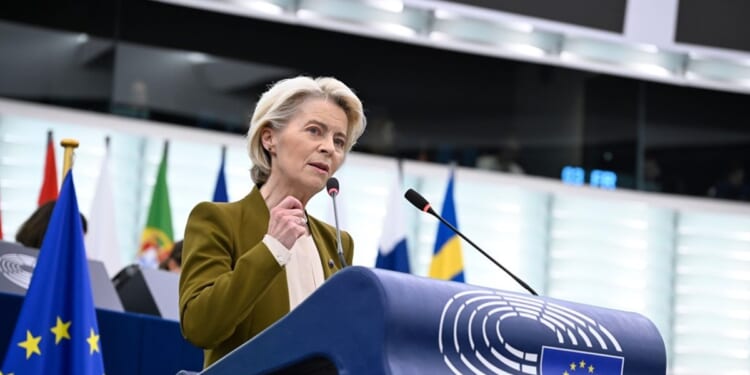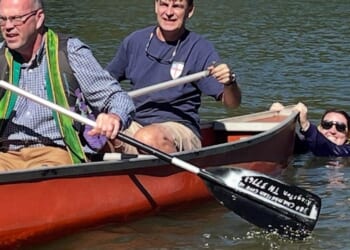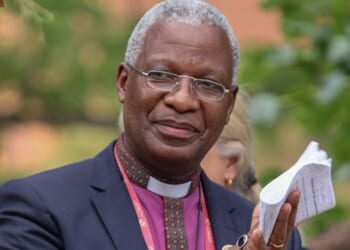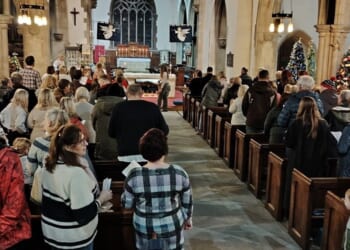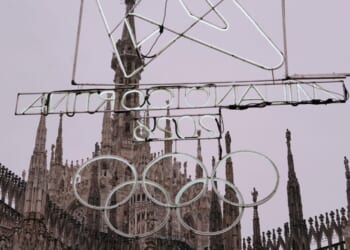CHURCHES and ecumenical organisations have accused the European Union of ignoring the rights of migrants and refugees in its new policy goals, and of distorting economic and social priorities in a quest for “competitiveness and global leadership”.
“A truly resilient and independent Europe is one that invests in people and communities, not only in markets and defence,” Eurodiaconia, a network that represents 52 Churches and Christian NGOs, has said.
“Migrants play a vital role in Europe’s social and economic life, particularly in the context of an ageing population. . . A truly inclusive Europe must follow a humane and rights-based approach, ensuring fair reception conditions and respect for fundamental rights.”
The organisation was reacting to a “State of the Union” address by the President of the European Commission, Dr Ursula von der Leyen, in which she set out her vision for the 27-member bloc and announcing new objectives.
Eurodiaconia said that several initiatives, such as a Quality Jobs Act and Affordable Housing Plan, resonated with church calls for tackling poverty and improving care and social services.
It warned that they risked becoming “more rhetorical than practical” unless they were matched by adequate funding, systematic monitoring, and nationally binding targets.
“While the emphasis on resilience, competitiveness, and global leadership is understandable, we are concerned that the balance between economic and social priorities remains fragile,” the network said.
“The speech affirmed the importance of ‘living in a union of equality’. There was no mention, however, of any of the key equality frameworks that are essential to tackling structural discrimination and social exclusion,” Eurodiaconia concluded.
Church leaders and organisations have repeatedly urged fair treatment of migrants and refugees, despite pressure for tougher policies, as well as economic targets which take account of domestic social needs.
In her address, however, Dr von der Leyen said that Europe was now in “a fight for freedom and independence” as “battlelines for a new power-based world order” were drawn, and it needed to show how “democracy can deliver solutions to people’s legitimate concerns”.
She said that only a fifth of migrants who were denied permission to stay actually left Europe, and that the EU’s borders needed defending through a “humane but not naïve” policy, based on its projected “Common European Return System”.
The EU’s toughened approach to migration was criticised last weekend in a separate statement by ten church and ecumenical groups, who said that the Return System, outlined last March, reflected “a punitive, security-driven approach”, which contrasted with the “legal and moral obligations” of the EU.
“EU policies must be anchored in human rights, dignity and the rule of law”, the statement said. It was signed by the Churches’ Commission for Migrants in Europe (CCME), the Commission of EU Bishops’ Conferences (COMECE), Germany’s Evangelical Church, and the Quaker Council for European Affairs.
“Detention must only be used as a last resort with strong human-rights safeguards while less coercive alternatives must be prioritised. . . Voluntary return must be the preferred option, as it is more humane, sustainable and cost-effective than forced return.”
The Return System will create uniform accelerated procedures for returning migrants who have no right to stay, with tougher rules to prevent absconding, and “return hubs” in non-EU states.
The plan was criticised as “a new low for Europe” by Amnesty International, which accused the EC of “caving to the unworkable, expensive, and inhumane demands of a few shrill anti-human-rights and anti-migration governments”.

